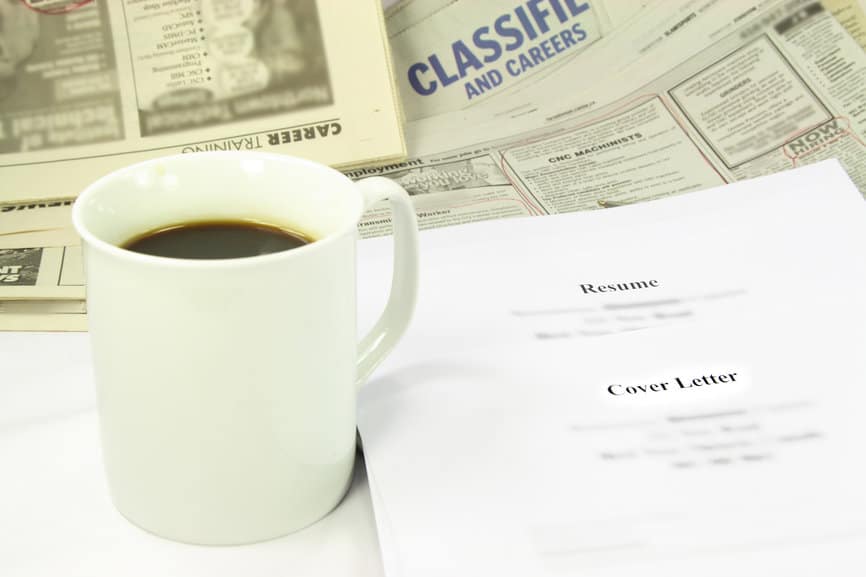
EMS was called to the parking lot of a grocery store by a bystander who r I know, I know, it’s the one of the worst parts of applying for a job and you’re probably asking yourself who reads those things anyway. And you’re mostly right – about 83% of employers either skip past the cover letter or their application software system filters it out. But do you want to take the gamble that you’re applying to an organization that is part of the 17% who actually read and consider cover letters? Probably not. Speaking from the perspective of someone who has evaluated hundreds of candidates for positions within my companies and others, the cover letter is very important. Here’s why and how to make yours awesome.
The cover letter paints a picture of the candidate in a far more efficient way than the resume alone. It should not be a regurgitation of the resume. A well-written cover letter tells me succinctly the motivations, skills, and talents that a resume can’t express. I am much more likely to consider a candidate for an interview (and the job) if a cover letter is included. It shows you are actually interested in the position rather than just blindly blasting your resume everywhere.
You probably need to throw your pre-conceived notions about a cover letter out the window. A good cover letter should capture the attention of the reader and make your potential employer excited about the prospect of hiring you. Don’t start with a generic “My name is x and I’m applying for y position”. This will already be clear, especially if you write the position name in the “Re:” portion of the top of your letter.
Here are some more tips:
DO research who this letter will likely be directed to and address it to that person. If you aren’t sure, remove this part of the letter and just proceed without anything generic. Make sure you get the spelling of the name and company correct, and address the person by their correct title (i.e. Dr. instead of Mr.). If only I could be paid for the number of times an applicant misspelled my name or that of the company.
DON’T write something generic like “Human Resources Manager” especially when it’s a small company. If you’re applying for a job at a small firm called “John Smith Design” chances are it should be directed to “Mr. Smith” and they don’t have a dedicated HR department.
DO meaningful research about the company that you include in the letter along with your motivations to work there will show that you are actually interested in the position and understand how you will further their mission.
DON’T include just what you found on their website alone. Seeing that a company sells paper and mentioning that in your letter shows that you don’t take the time to finish an assignment properly and practically insults the intelligence of the reader.
DO take a break from writing when you are finished and read it over later with a fresh set of eyes. Have another person read it for grammatical and spelling errors as well.
DON’T mention that your resume is enclosed. That’s just a waste of words. You’re applying for a job – it’s assumed your resume is attached.
DO be creative and personable (but professional). It will help you stand out.
DO use bullet points and short lists to identify your key strengths and accomplishments.
DO highlight key experiences you have by writing about a major accomplishment or success that relates to the position you’re applying for.
DO save your cover letter (and resume) as a PDF for easy sending electronically. Most word processing programs have an ability to “save as” a PDF. It’s much more likely the receiver will be able to open this document than any other type of file.
If you are an Allied Medical Training graduate that would like some assistance reviewing a cover letter, please contact us!


